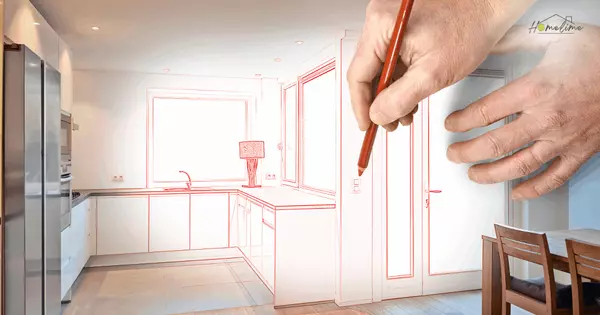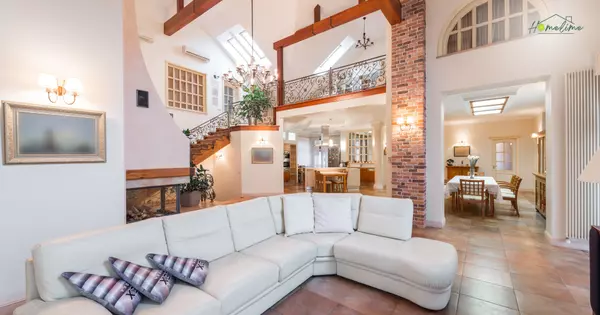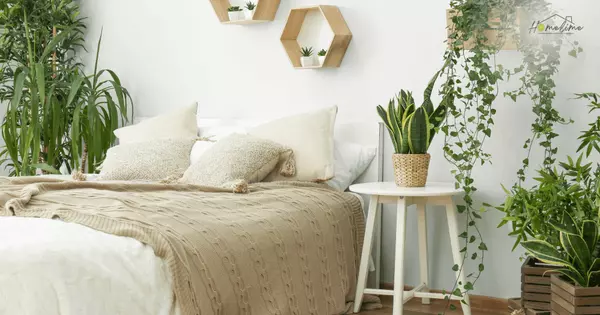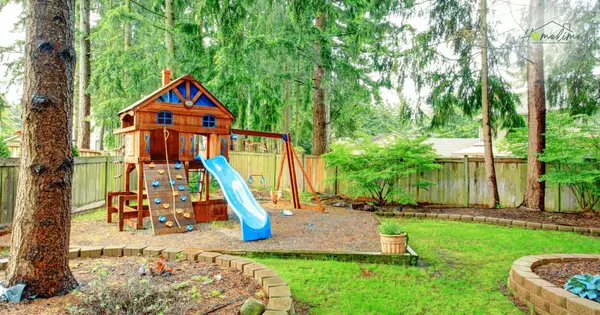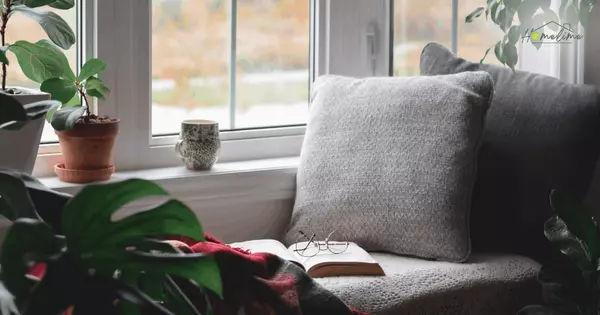
Keeping Your Home Clean with Pets
Living with pets brings joy, but it also means more cleaning. Start by setting up a routine that works for you. Daily tasks make things easier than waiting for a big mess. Vacuum floors often, especially if your pet sheds. Wipe paws after walks to avoid dirt buildup. Use doormats inside and out to

How to Take Listing Photos That Sell Your Home
When you decide to sell your home, listing photos are often the first thing potential buyers see. These images are your chance to make a strong impression before anyone even walks through the door. High-quality, thoughtful photos can encourage people to book a showing, while poor photos might keep

Organize Your Laundry Room with These Storage Ideas
Let’s face it—laundry rooms often don’t get the space they deserve. Most of us are lucky to have a single shelf for detergent and a small counter for folding clothes. Since laundry is an endless task, finding ways to create more room to handle it makes all the difference. If you're looking for ways
Recent Posts




